- Your cart is empty
- Continue Shopping
Product introduction
Swich XP 1000mg Injection is a combination antibiotic medicine used to treat a variety of bacterial infections, including those affecting the lungs, urinary tract, skin, bones, joints, blood, and brain. It effectively fights infection-causing bacteria by stopping their growth and preventing the spread of infection.
Swich XP 1000mg Injection should be administered under the supervision of a healthcare professional. Do not miss any scheduled doses and complete the full course of treatment, even if you start feeling better. Stopping the medicine early may result in the infection returning or becoming harder to treat.
Common side effects of this medicine include diarrhea, nausea, vomiting, indigestion, rash, and mild allergic reactions. Most of these side effects are temporary and usually resolve on their own. However, if any of them persist or worsen, consult your doctor immediately.
Before starting treatment, inform your doctor about any existing medical conditions, especially related to your liver or kidneys, and any ongoing medications. Pregnant and breastfeeding women should consult their doctor before use. Avoid alcohol consumption during treatment, as it may cause drowsiness or dizziness. Take adequate rest, eat a healthy diet, and drink plenty of fluids to aid recovery.
How Swich XP Injection works
Swich XP 1000mg Injection is a combination of two medicines: Ceftriaxone and Tazobactam. Ceftriaxone is a cephalosporin antibiotic that kills bacteria by preventing them from forming their protective cell wall. Tazobactam is a beta-lactamase inhibitor that enhances the action of Ceftriaxone and prevents bacterial resistance, ensuring more effective treatment.
Uses of Swich XP Injection
-
Treatment of bacterial infections
Side effects of Swich XP Injection
-
Diarrhea
-
Nausea
-
Vomiting
-
Increased liver enzymes
-
Rash
-
Allergic reactions
Safety advice
-
Alcohol: Avoid alcohol during treatment.
-
Pregnancy: Safe if prescribed by a doctor.
-
Breastfeeding: Use with caution; consult your doctor.
-
Driving: May cause dizziness or drowsiness. Avoid driving if affected.
-
Kidney/Liver: Dose adjustment may be required in severe cases; consult your doctor.




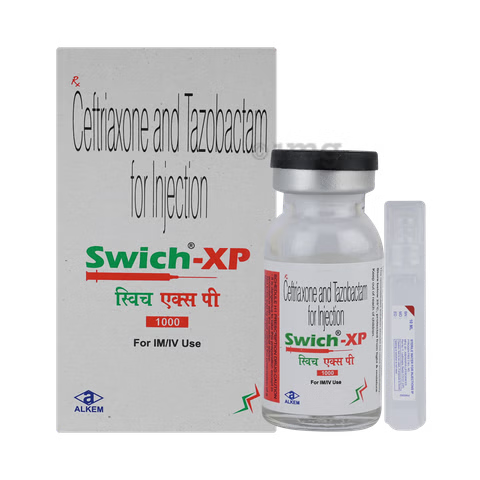
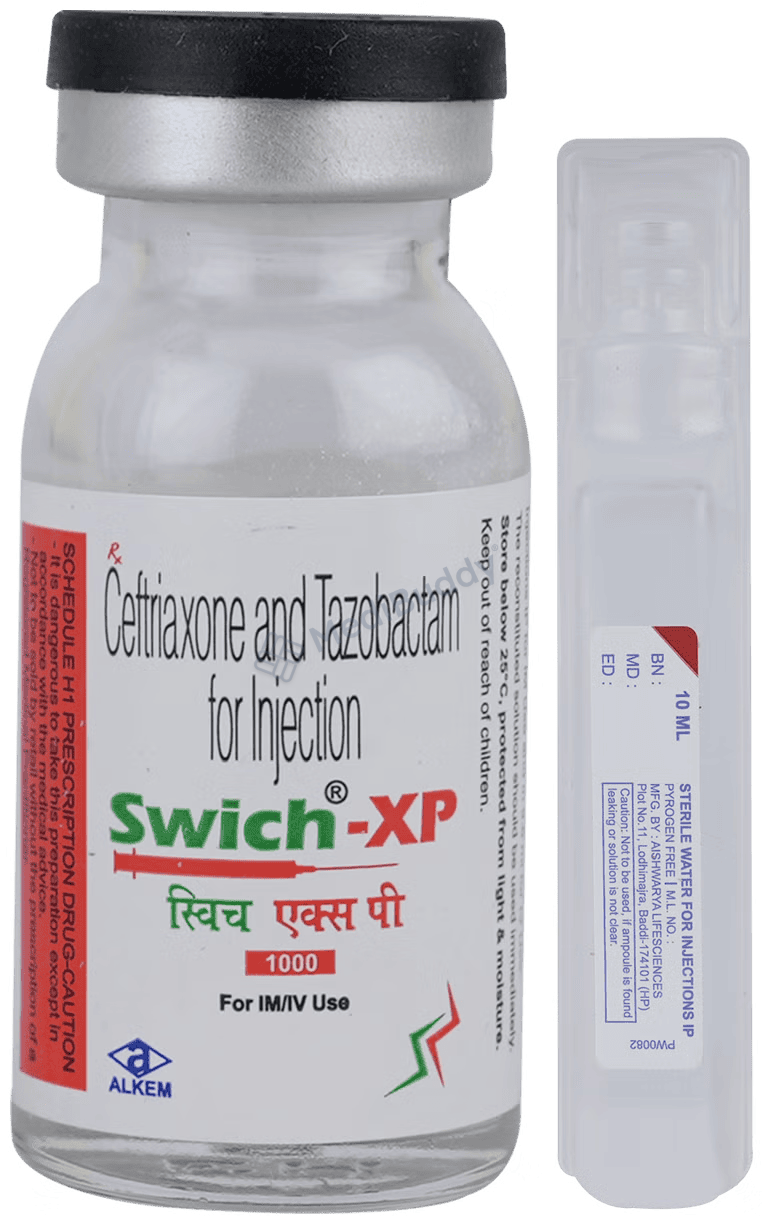
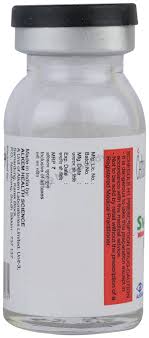




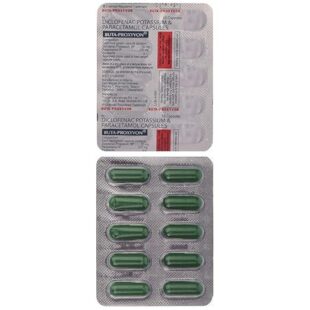

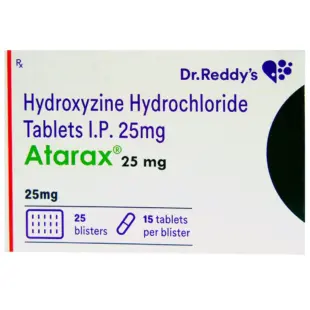
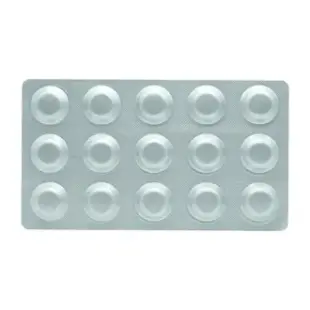
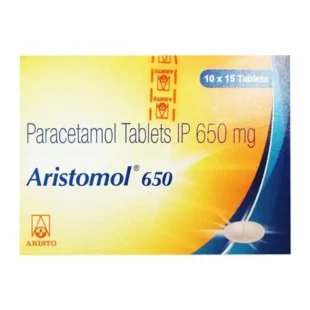
Reviews
There are no reviews yet.